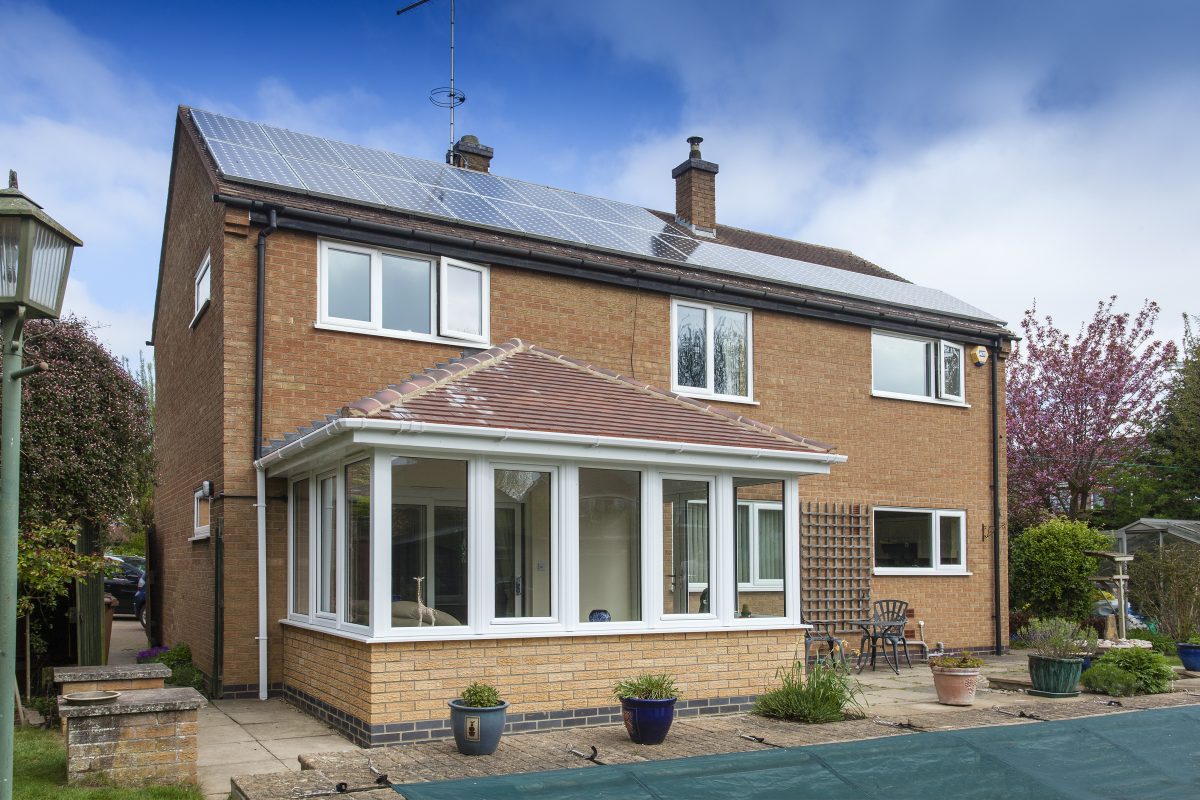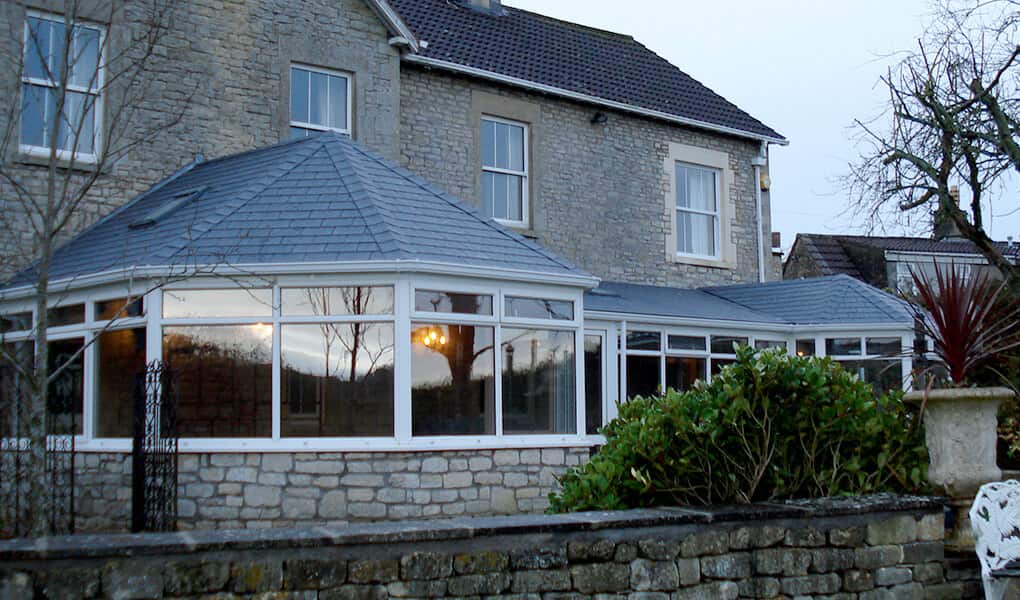
Top Home Improvements To Make Before Winter
It’s time to prepare your home as a cold British winter approaches. Our team understand how important it is for homeowners to maintain a cost efficient yet comfortable environment this winter season.
You can make some home improvements to defend your building against winter weather conditions. With energy bills on the rise, it’s vital that your home is thermally efficient and avoids issues like damp, rot and mould.
Window Upgrades
Investing in energy efficient windows is an easy way to improve the insulation of a home. A significant amount of heat can be lost through your window profiles. Replacing single glazing or outdated double glazing can transform a home’s performance in winter.
We recommend looking for windows with low-e glass, modern double and triple glazing, and insulating frames that can improve your property before winter. A better insulated property will stay consistently comfortable in winter without homeowners needing to touch the thermostat.
Upgrading your windows can also help reduce your energy bills as you will rely less on your central heating to maintain a warm home. This will ease the financial burden and leave you with more money to spend during the festive season.

Replacing Your Doors
Upgrading your front or back doors will not just improve home security but will also help with thermal efficiency. Our doors will act like a thermal barrier between a property and the outside world.
A surprising amount of heat can be lost through older door installations. If you’ve noticed draughts, leaks or mould along the frames of your existing door, it may be a sign they need replacing. Doors that are double or triple glazed are some of the most efficient at keeping your home comfortable this upcoming winter.
Weatherstripping and Sealing
Sealing gaps and cracks around your windows and doors is crucial for minimising draughts and heat loss. Proper sealing will help to minimise moisture and reduce the risk of dampness, which can be dangerous to a property and the health of homeowners.
If you’ve noticed condensation inside your windows, it may be because your double glazing units need resealing. Weatherstripping and sealing your new installation could be a cost effective alternative to totally replacing your windows and doors.
Insulate Your Roof
Consider upgrading your roof to prevent heat escaping from the top of your property. Insulated roof panels and loft insulation can greatly improve your home’s performance in the upcoming winter months.
Heat travels upward, so it’s essential that your roof is well insulated against heat loss. Look for damp marks on your ceiling, as well as brown marks and black mould, which are signs that your roof is lacking in insulation.
Conservatory Upgrades
A conservatory is made up of glazed surfaces, so it’s important all the windows and doors are up to date. Updating the single or double glazing can help you transform your conservatory into a space the whole family can enjoy all year round.
Replacing or repairing your existing roof with new tiles, slates, or roof panels can make a massive difference to the look and performance of your conservatory. If you find yourself getting cold in your conservatory in winter, invest in underfloor heating to keep the space comfortable and warm.
Adding insulation materials to your conservatory walls and roof will help keep your extension more comfortable in winter. It will keep your living space warm and minimise draughts and leaks.

Block Out Draughts
As the cold winter weather sets in, draught proofing your home could help you maintain a comfortable space. Spend time walking around your home and look for gaps where hot air can escape.
Pay attention to the edge of your windows and doors and your floorboards and skirting boards. These areas can expand and move with wear, letting cold air into your space and reducing thermal efficiency.
Once you’ve found any gaps, there are many cost-effective ways of resolving them. Doors and windows can be fitted with brush or wiper strips, to minimise draughts and leaks. Most cracks in skirting boards and floorboards can be filled with a shop-bought flexible filler.
Insulate Your Pipes
Insulating your hot water pipes is a quick way to improve the energy efficiency of a building. As well as reducing heat loss, this will stop your pipes from becoming too cold in winter, which can lead to piper bursting.
Insulating your hot water pipes can reduce heat loss and raise water temperature 2°F–4°F hotter than uninsulated pipes, allowing homeowners to lower their water temperature settings. Pipe insulation is something many homeowners can do themselves using foam insulation tubes purchased from a retailer.
To learn more about how our products can improve your home in winter, why not contact us or call 0800 622 716? Alternatively, you could book a showroom appointment and see our products in person.













